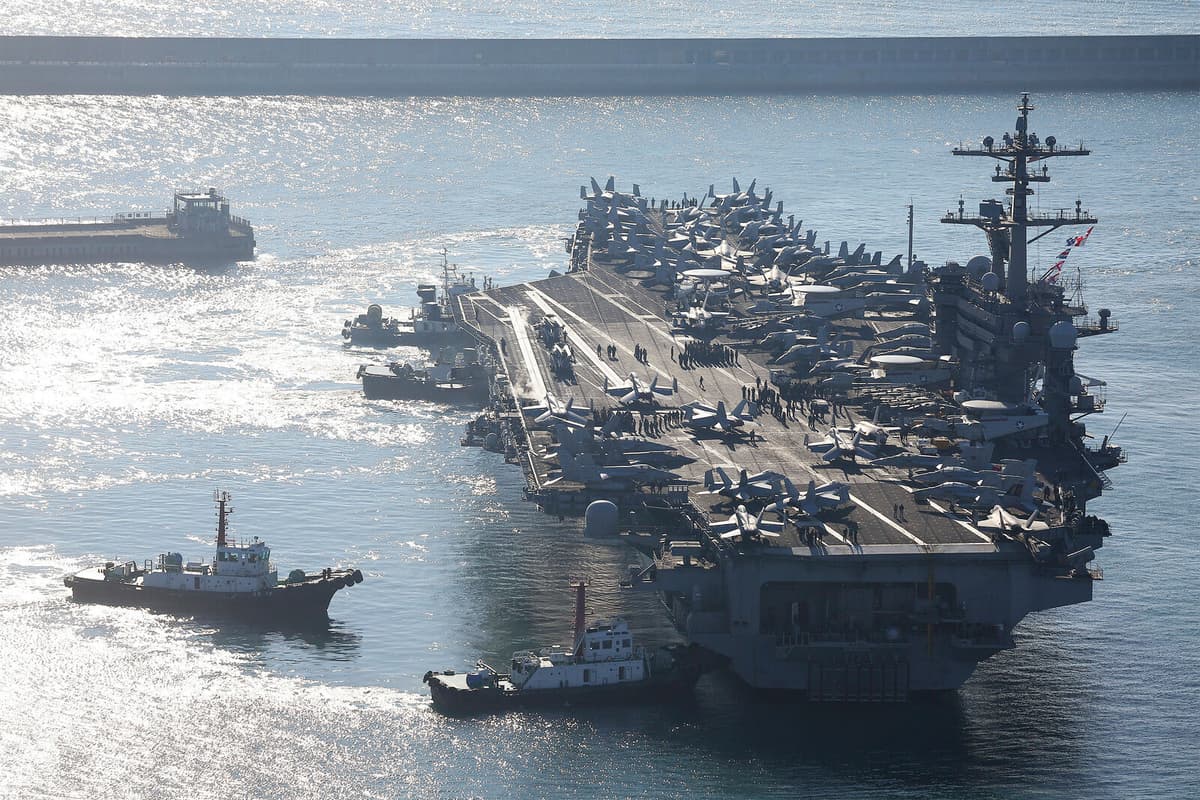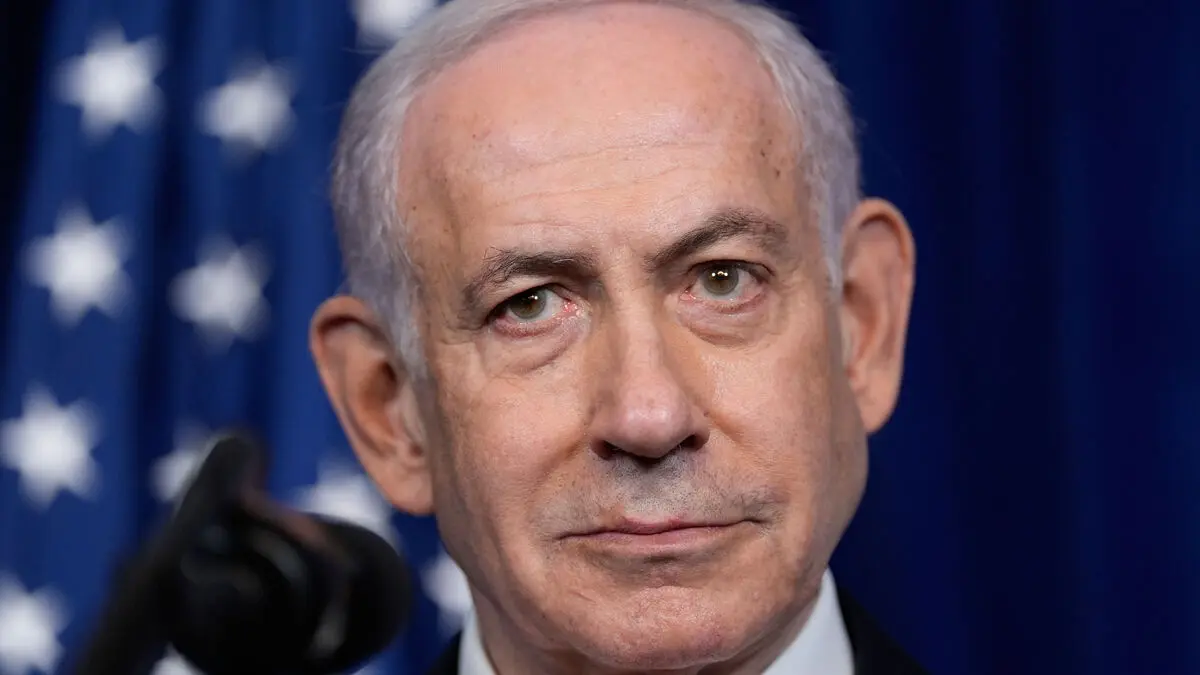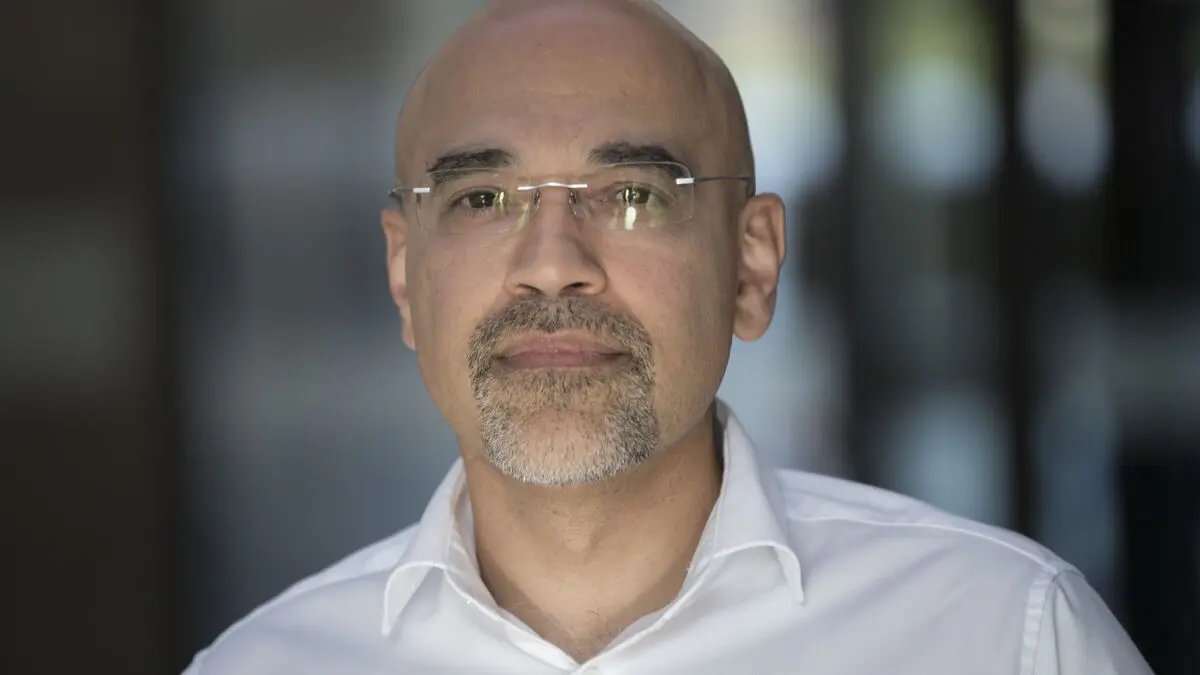If the US steps in alongside Israel in the new war, Iran will defend itself and retaliate, is the message from Tehran. Donald Trump says he has not yet made a decision.
An American attack would likely be about delivering a decisive blow to Iran's nuclear facility Fordo. It is located under a mountain and is believed to be accessible and destructible only if the US allows planes of the B-2 type to fly in and drop an advanced giant bomb.
But many experts question whether an intervention could be so limited. If the US wants to avoid counterattacks, it is likely to require a broader attack on Iranian targets.
Tens of thousands of Americans
Iran's ability to harm Israel has proven to be limited, as most of its attacks on Israel have been stopped by air defense.
But there are many American targets in the Middle East, military and civilian.
Around 40,000 American soldiers are stationed in various countries in the broader Middle East: in Bahrain, the United Arab Emirates, Iraq, Kuwait, Saudi Arabia, Syria, Turkey, and Qatar.
And Iran has shown that they are possible targets: When Donald Trump ordered a drone attack that killed the Iranian General Qassem Soleimani in 2020, Iran avenged itself by firing a dozen missiles at American military bases in Iraq and injuring many soldiers.
Now, two of the US's aircraft carrier-led strike groups have been sent to the area. Several destroyers have been placed in the eastern Mediterranean.
Iran can also try to block traffic in the narrow and heavily trafficked Strait of Hormuz. Attacks on any of the many energy facilities in the region could have sensitive consequences, such as a soaring oil price.
Iran can operate with the help of a long range of allied militia groups, but the country has also shown that it can act offensively in secret and through proxies, as when it used criminal networks in Sweden.
More desperate?
US President Trump says he would prefer to reach an agreement with Iran, but with his military threats comes a rapid tightening of demands that the country completely abandon nuclear energy. Even if it were a negotiating tactic, there is a risk that Iran's leadership will become more inclined to obtain guarantees in the form of a nuclear weapon, warn some experts.
If the Islamist regime's power is threatened, it may also begin to act more desperately. But the leaders are likely to think many times before striking the US and may not do so immediately, according to Ray Takeyh, senior researcher at the think tank Council of Foreign Relations.
But the clergy's oligarchs are patient. When the smoke has cleared, they will resort to the tactics that have worked best for them over the years: terrorism and asymmetric warfare, he says to Politico, and adds that even that will likely need to be answered.
In 2015, the nuclear agreement JCPOA was concluded between Iran and the "P5+1" - the five permanent members of the UN Security Council (France, China, the United Kingdom, Russia, and the US) and Germany.
The agreement aimed to prevent Iran from developing nuclear weapons. It would provide greater insight into the country's nuclear energy program, which would also be significantly reduced and limited.
The enrichment of uranium would be limited to a purity of just under four percent - far below the 90 percent required to be used in a nuclear weapon. In exchange, international sanctions against Iran were lifted.
In 2018, US President Donald Trump decided to leave the agreement and reintroduce tough sanctions, which also applied to anyone trading with Iran.
Iran began to step up the enrichment of uranium and today has a much larger stockpile with a much higher purity than what JCPOA allowed.
In April this year, negotiations on a new agreement began, as Donald Trump wanted one with tightened control mechanisms. In early June, he said he would demand "zero enrichment". Iran wants to be able to have a regulated civilian program.






